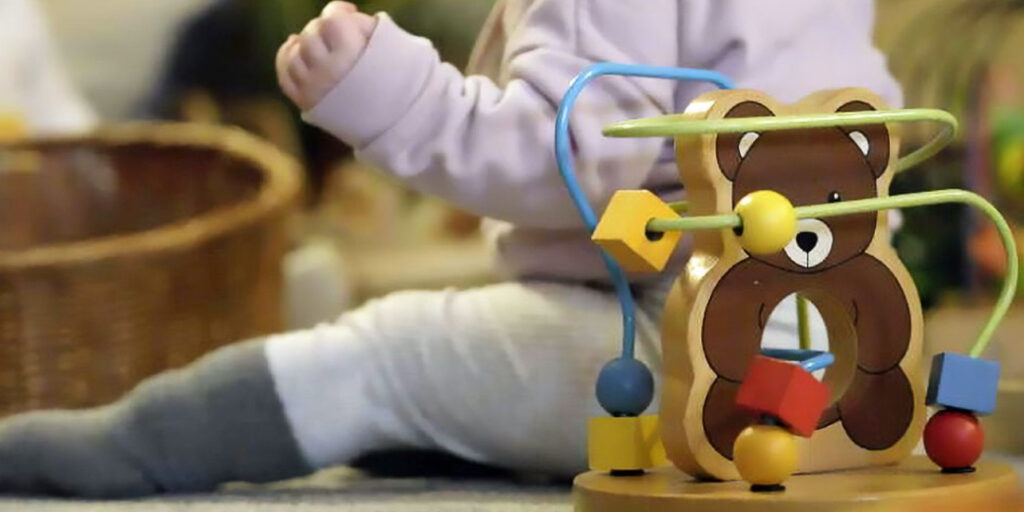Over the last five years, nearly 20,000 grave incidents at English nurseries have been reported, according to BBC investigations.
On average, Ofsted receives about 75 notifications per week, encompassing severe injuries and occasionally fatalities. A striking 40% rise in reports was recorded for the 2023-24 year compared to five years prior.
Ofsted, responsible for overseeing educational establishments in England, attributes some of this increase to intensified efforts to ensure incident reporting.
However, the Early Years Alliance maintains that safety remains a priority for most nurseries and that violations are exceedingly infrequent.
Despite assurances, the tragic loss of a child in 2022 at the hands of a nursery worker has led the victim’s parents to describe the statistics as “horrifying” and demand enhanced protective measures.
The 2023-24 period alone saw over 4,200 serious reports, a significant rise from 3,021 in 2019-20, based on Ofsted data acquired through a Freedom of Information request.
Such incidents span from injuries and illnesses to more severe occurrences like accidents and deaths, including events impacting nursery infrastructure, such as fires or floods.
The broad reporting criteria set by Ofsted often lead to over-caution among nursery staff, according to the Early Years Alliance. Often, these investigations conclude without finding any actual breach of safeguarding.
Childcare expert Helen Penn describes the escalation in incident reports as indicative of a “dire situation,” with standards of care so deficient that governmental intervention seems necessary.
Helen Penn, a professor of early childhood at the University of East London, has expressed grave concerns about the standards of care in English nurseries.
Parents typically depend on Ofsted’s ratings to select suitable childcare, with full inspections generally scheduled every six years, although this can be more frequent under certain conditions.
Over 1,500 nursery inspections were expedited due to reports of serious incidents, as revealed by Ofsted.
Yet, a former Ofsted inspector criticizes the adequacy of these inspections in detecting substandard practices and ensuring child safety, describing them as superficial and easily manipulated.
Further criticisms arise with changes made post-2015, where only a third of inspections occur unannounced, potentially allowing nurseries to disguise poor conditions by temporarily boosting staff numbers.
Allegations from nursery staff across England suggest routine understaffing, placing children at risk, with some reporting that managers have manipulated staff presence during inspections to deceive Ofsted.
This practice has been roundly condemned by Ofsted’s Yvette Stanley, who highlights the dependence on the honesty of nursery providers during evaluations.


